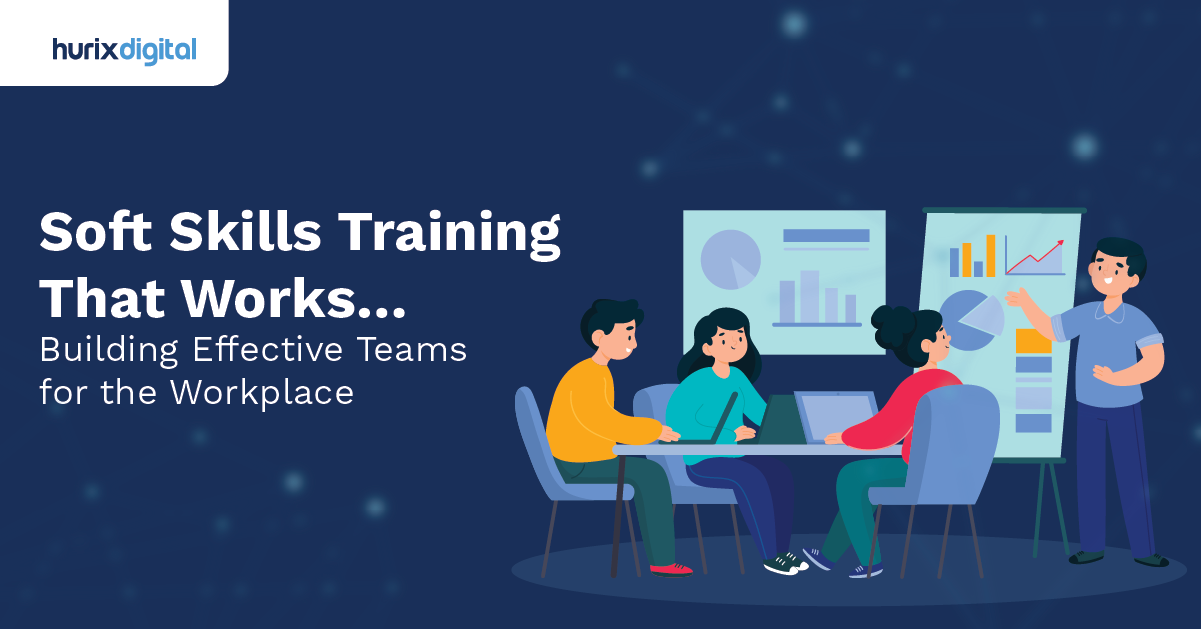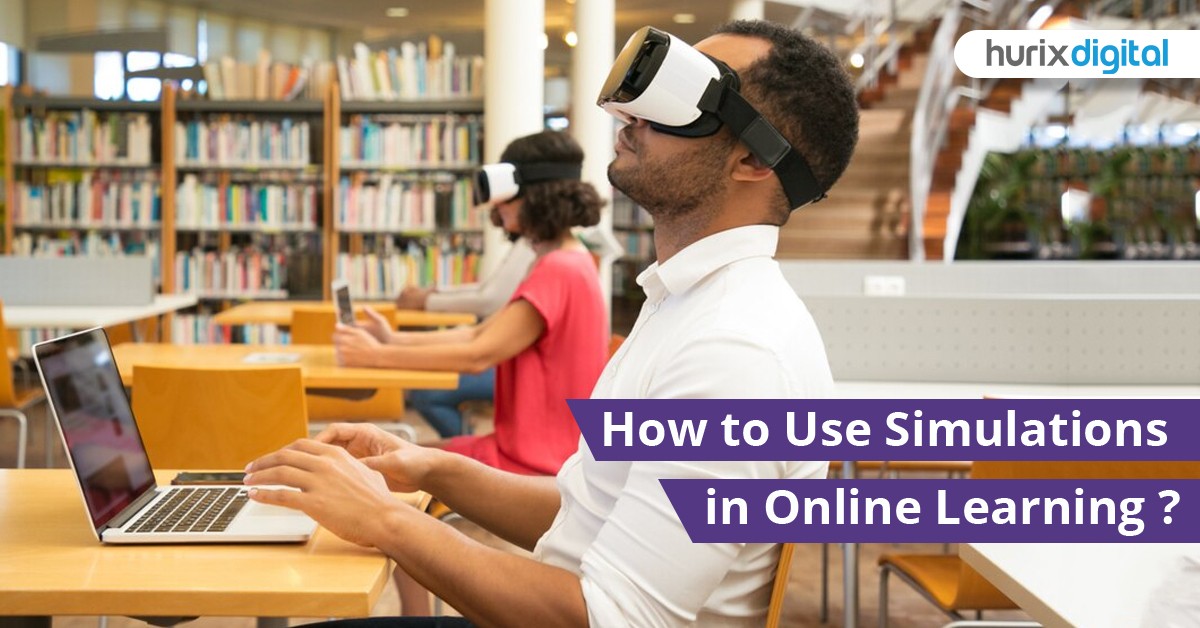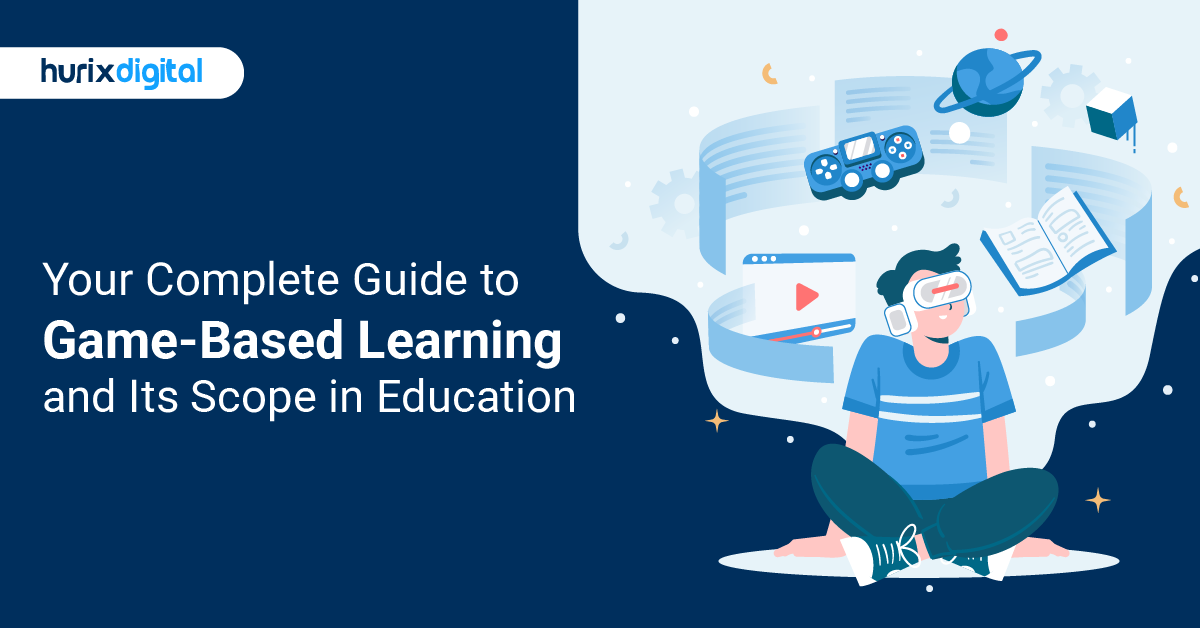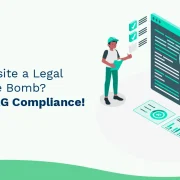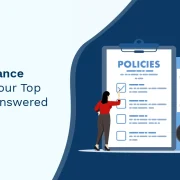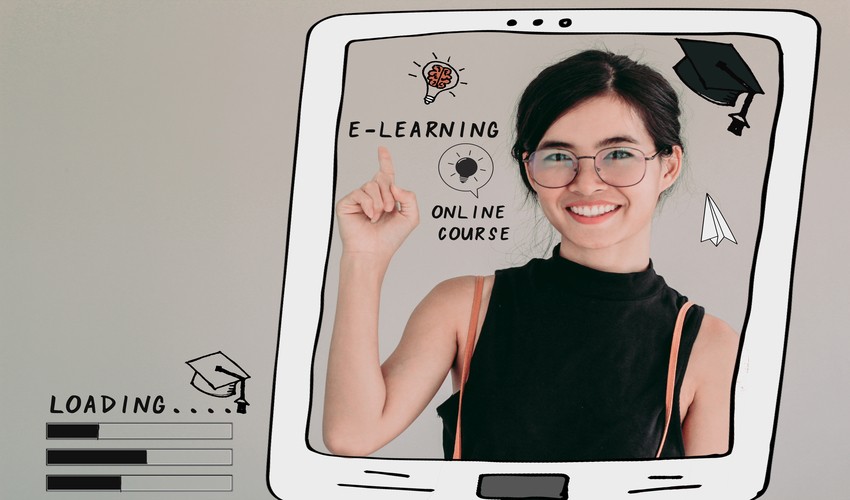
The Making of Future-proof Online Learning Programs and Courses
Summary
Explore a guide to creating enduring online learning programs for higher education, with tips to transform your digital education strategy.
Online education with the help of online learning program development, of late, has been gaining massive popularity and a robust following. A study conducted in 2017 by Allen and Seamen found that almost all of the students in the US take at least one online class, and up to 48% of them are only taking online classes. Enrollment in fully online programs has been growing at a 4% annual rate in the US. Increase in the Number of Online Learning Programs Below are a few recent facts about online learning programs:
In January and February 2019, BestColleges, a platform dedicated to providing information regarding the best learning institutions in the US, released a study on future trends in online education, based on two surveys. The findings revealed that career and employment goals have been a constant source of motivation over the past three years. Almost 69% of the people surveyed fell into the “career-minded” category.
- A report published by the US Education Department’s National Center for Education Statistics in 2018 shows that the number of students who took at least some of their courses online in 2017 grew by more than 350,000 — a healthy 5.7% increase from 2016.
- The same report indicated that the proportion of all students who were enrolled exclusively online grew to 15.4% in 2017 (up from 14.7% in 2016).
- Meanwhile, students who took a mix of online and offline courses grew to 17.6% in 2017, up from 16.4% in 2016. And the students who took at least one online course rose to 33.1% in 2017, up from 31.1% in 2016.
- Open distance education universities in Bangladesh, India, Iran, Pakistan, South Africa, and Turkey, currently enroll more than 7 million students combined. Many of the programs are embracing the digital age and incorporating recent forms of e-learning, like Massive Open Online Courses (MOOCs).
- According to Class Central, a MOOCs listing provider, there are more than 9,400 online courses that offer extensive education now, compared to only 1,200 in 2013. Consequently, the total number of learners enrolled in MOOCs has shot up to 81 million from 10 million in the same duration. The number of universities now offering MOOCs has also increased from 200 to 800, most of them provided directly by private providers.
The above trends suggest that online learning programs are on a steady rise — and that too, on a worldwide scale.
Know more about why colleges and universities should develop eLearning programs Six Things to Remember Before Creating Online Learning Programs for Colleges Here are a few things institutions need to remember before commencing with online learning program development. Here are the Best Practices for Effective Online Course Development 1. Set a reasonable timeline Institutions generally have a certain process in place to create a learning program. They follow a schedule to get the course rolling for the upcoming academic year or semester. However, various factors may lead to scheduling challenges. Instructors may get sick, retire, or resign on short notice, repurposing of course content may be necessary, or, instructors may be too preoccupied with their current workloads.
Usually, a six to twelve-month window for online learning program development is recommended if instructors are doing the majority of the work themselves. Although, this duration could be reduced significantly when you outsource the work to vendors.
2. Align your program to specific learning goals Ensure that the course curriculum of your online learning program is aligned with the students’ career goals. A good approach is to identify the concepts that faculties and instructors want the students to learn, determine suitable ways to assess their learning, and then develop the course material and activities to achieve that.
3. Derive course content from multiple sources When gathering the course content, there are several other sources to explore beyond textbook material. These sources include open educational sources (OERs). Early research suggests that learning from OERs is similar to that achieved from traditional textbooks.
4. Use a suitable Instructional Design Model The design plan for your e-learning program should consider all the activities and learning components to be included as a part of the course. Choosing a suitable design model will help you structure the content better. Some of the conventional models include the ADDIE model, Merrill’s First Principles of Instruction, Gagne’s Nine Events of Instructions, and Bloom’s Taxonomy.
5. Mix your delivery options The content of your learning program should be interactive and engaging enough. Otherwise, students might eventually lose interest in it. You can use a mix of several media formats to create engaging content, like text, animations, infographics, and videos. Taking the gamification or storytelling approach also helps in effective delivery of online learning content.
Additionally, a responsive design will help your learning platform to scale seamlessly across a wide range of devices and platforms.
Related Read – Here’s Everything You Must Know Before Selecting Gamification Services
Related Read – Online Education Solutions & the Changing Learning Landscape
6. Measure your program’s success In the end, you would want to determine whether your online learning program is a success, and the best way to do so is to measure its outcomes. If the goal of your program is to certify or meet specific compliance requirements, you might want to consider an assessment or quiz to verify whether the students have achieved the program objectives.
Alternatively, the success of a learning program may also be measured by how popular or useful it is, based on student feedback. You can also figure out potential areas of improvement from carefully articulated surveys.
Know more about how to optimize your eLearning ROI. Creating an online learning program now-a-days is a lot easier than it used to be; partly because now you have the opportunity to learn from institutions that have successfully delivered some of their courses through online modes.
Online mediums can be a great way to attract modern learners and reach a larger number of students, and if executed well enough, it can also be an attractive revenue stream.Here are a few step-by-step guidelines for online learning program development:A good online learning program should align with the institution’s mission and also requires a significant upfront investment. Thus, it’s important to articulate what you want to include in your learning program and why.There should be an administrative leader who can manage all aspects of the program development process. For this, he or she should have an understanding of the whole program, while also coordinating with the various faculty and staff members of the college.Ensure that the teaching faculty are aware of what is required of them to create the online learning program. Many of the faculty members may not be familiar with the method of online delivery, and hence need to be trained appropriately during the course design phase. Providing support from instructional designers is critical too.All of the student support services provided by the institution, related to financial aid, registration, billing, library, technology support, etc., must be available online.Sometimes, faculty members and other college staff may be too pre-occupied with their day-to-day duties, to spend time for building online learning programs. Outsourcing these tasks to vendors who specialize in online education might be a better option to ensure the quality of the program and its delivery is maintained.
Online learning programs are the next big thing in the education landscape. It’s only a matter of time before all educational institutions embrace this form of imparting knowledge and more students, who never had a chance to get enrolled earlier, actively participate in these programs.
Related:
10 Reasons Why Institutions Should invest in Online Learning Programs
Digital Solutions for Universities and Higher Education Institutions
9 Reasons for the Growth of eLearning in Education
Best eLearning Solutions for Digital Natives
How to Create and Deliver the Best K-12 Learning Solutions

